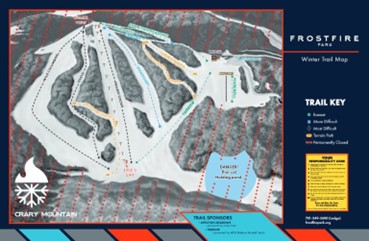The National Governors Association (NGA) Center for Best Practices competitively selected six states – Alabama, Nevada, North Carolina, Rhode Island, Utah and Washington — to mentor peer states in building and scaling high-quality work-based learning.
The mentor states will work with a cohort of yet-to-be-selected states in three learning labs throughout 2020 and 2021. One of the labs will explore how states can best structure and use data to inform approaches to work-based learning, which blends work experience and applied learning to better prepare students for good careers. Another lab will focus on strategies for increasing access and success in work-based learning programs for rural communities and other historically underrepresented populations. The final lab will explore how states can build important partnerships necessary to scale work-based learning.
All states will be invited to apply to participate in the learning labs, with more information on the application process to be released in the coming months.
Mentor states were chosen based on prior participation in the Policy Academy on Scaling Work-Based Learning. The learning labs will serve as a vehicle for them to share best practices and lessons learned from their experience in the policy academy.
Since 2016, the NGA Center for Best Practices has supported 18 states and one territory in their efforts to expand high-quality work-based learning opportunities to youth and young adults in STEM (science, technology, engineering and mathematics)-intensive industries through a mix of intensive technical assistance, peer learning, and multi-state convenings. More information on the Policy Academy for Scaling Work-Based Learning can be found at this link. This work is funded by the Siemens Foundation.
“Alabama is excited to participate as a mentor state in the third phase of NGA’s work-based learning policy academy due to the remarkable results of our participation in phase two of the policy academy,” said Governor Kay Ivey. “Collaborating with states who are similarly engaged in expanding a currency of valuable credentials, competency-based learning, and work-based learning has helped Alabama connect education and the economy by aligning education and workforce programs to employer demand. We are eager to share our successes and to learn from the best practices of other states during phase III of the policy academy.”
“I am thrilled that Nevada was chosen to participate in this exciting cohort,” Governor Steve Sisolak said. “Previous policy academy work has allowed Nevada to create greater alignment within our workforce development system and scale work-based learning opportunities across the state. I look forward to continuing the great work with this dynamic group of states as it explores additional ways to expand work-based learning programs into our rural and underrepresented communities.”
“North Carolina is proud to mentor other states in work-based learning and have the opportunity to share positive outcomes,” said Governor Roy Cooper. “Our state has seen firsthand that work-based learning is critical to helping students succeed beyond the classroom as they enter a competitive workforce and prepare for the future.”
“In Rhode Island, work-based learning is an integral part of our PrepareRI initiative. Internship programs for high school and college students are the flagships of PrepareRI, and we could not have built these programs without the support from the NGA Policy Academy on Scaling Work-Based Learning,” said Governor Gina M. Raimondo. “We are grateful to NGA for selecting Rhode Island as a Mentor State and giving us the opportunity to share our expertise and allowing us to double our college internship program for first-generation college students.”
“Utah
very much looks forward to continuing our partnership with the NGA Work-based
learning policy academy as a mentor state,” said Governor Gary Herbert. “This
policy academy has been invaluable to the creation of Talent Ready Utah, and we
are excited to share what we have learned with other states looking to create
strong pathways and connections between education and industry.”
“I am glad to share our successful journey in
creating Career Connect in Washington state,” said Governor Jay Inslee. “It is
a tremendous effort that is paying off for students, their families and
businesses. We were able to make it happen thanks to the leadership of
business, labor, and education partners.”













